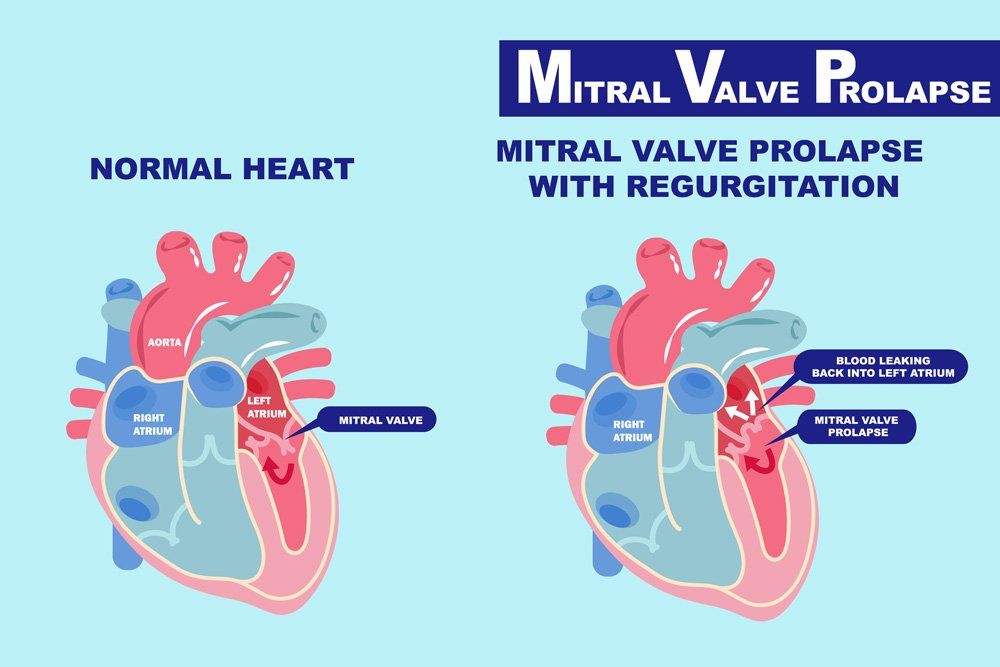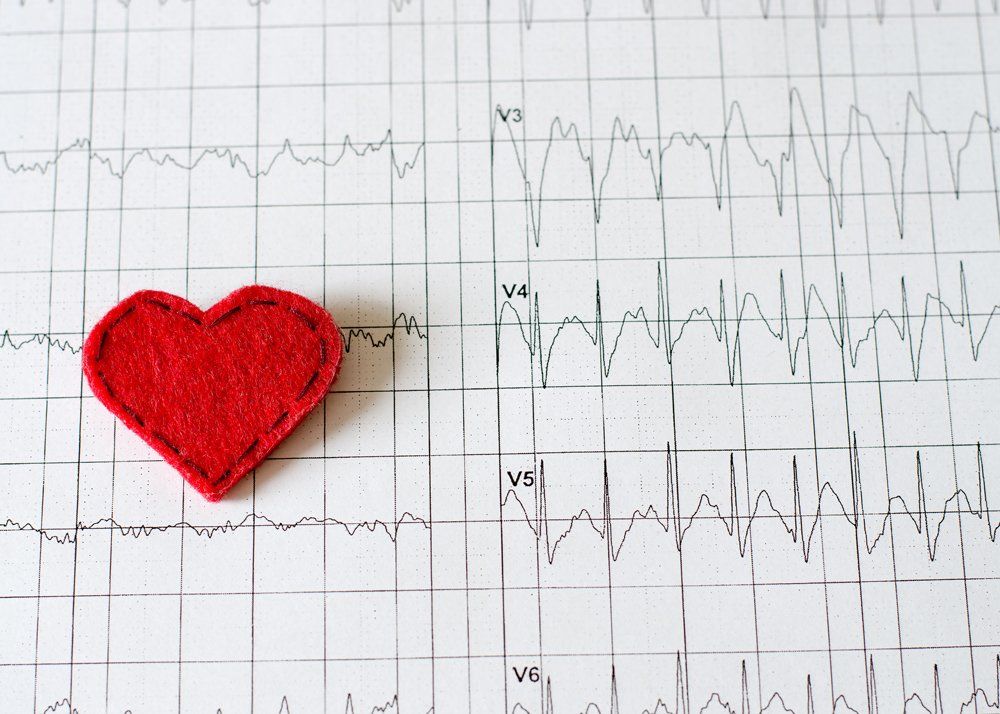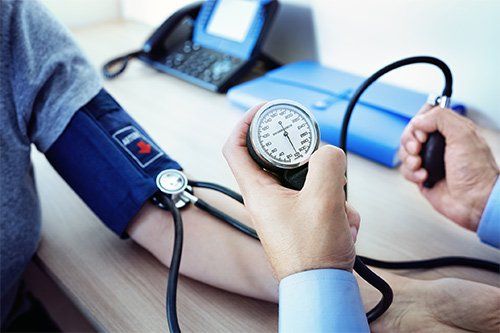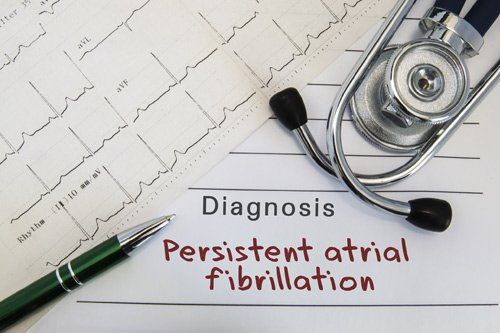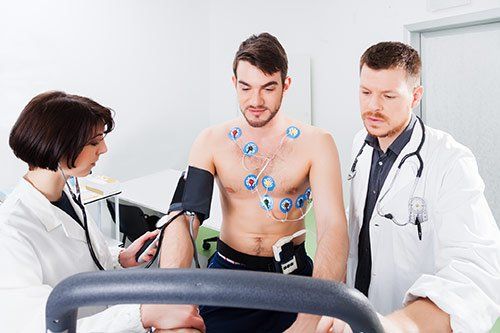What You Need to Know About Carotid Ultrasounds
- By Anderson Heart
- •
- 15 Dec, 2017
- •
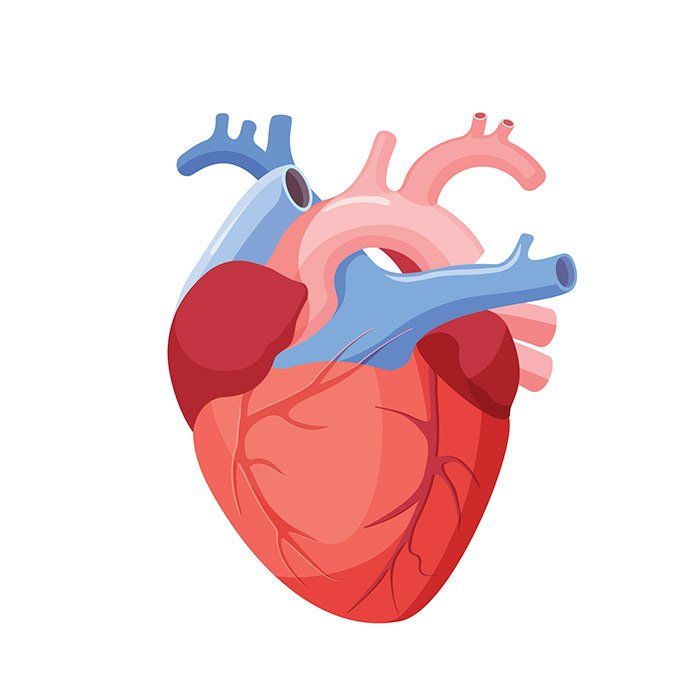
Heart issues can feel frightening because they are so mysterious. Many people do not know a lot about the process of undergoing the procedures involved in diagnosing heart issues. Among these procedures is the carotid ultrasound.
The carotid ultrasound is an imaging test during which doctors are able to create a picture of the inside of the carotid arteries thanks to high-frequency sound waves. After seeing the results of the ultrasound, a doctor can determine a plan of action for treatment.
If you have questions about the carotid ultrasound, this guide will help answer some of the most common questions about this diagnostic procedure.
What Does a Carotid Ultrasound Determine?
With a carotid ultrasound, a doctor will be able to determine if you are experiencing plaque buildup or narrowing of the carotid arteries. The doctor can see if you are experiencing a blockage of blood traveling to your brain, which could result in a stroke or other health issue.
How Is the Carotid Ultrasound Performed?
Your ultrasound technician will ask you to lie down on the exam table, after which they will rub some gel around the arteries on your neck. With a transducer, the technician will use sound waves to image the walls of the arteries.
If the doctor is unable to make a determination based on the carotid ultrasound, you may be asked to undergo an abdominal ultrasound or cardiac stress test. You might also need to undergo an MRI for the doctor to make an accurate assessment of your condition.
Does the Carotid Ultrasound Hurt?
The carotid ultrasound is pain-free and does not pose a risk to a patient. Discomfort is minimal, and the entire process lasts about 10 minutes. The ultrasound is noninvasive, so you shouldn’t experience any problems. If you do experience pain or discomfort at any time, you can let the ultrasound technician know.
What Are the Benefits of a Carotid Ultrasound?
The carotid ultrasound is a great way to prevent stroke in those who experience plaque buildup. Others who are at high risk for stroke include individuals with high blood pressure, diabetes, high cholesterol, family history of heart disease, and coronary artery disease.
What Happens If the Carotid Ultrasound Reveals Information?
If the carotid ultrasound reveals a blockage, the doctor can take action. This might mean the doctor prescribes you medications to decrease your cholesterol or blood pressure. The doctor may also prescribe medication that prevents blood clots.
Action might include helping you maintain a healthier diet with fruits, vegetables, and whole grains. The doctor may also talk to you about weight loss, smoking cessation, and exercise.
In rare cases, the doctor might recommend surgery. Surgery can remove carotid artery plaque or open up the arteries. This can be a life-saving procedure if you have heart blockage that could cause problems.
What Should You Do to Prepare for a Carotid Ultrasound Appointment?
In order to prepare for your ultrasound, you can take several steps. First, you should dress comfortably. Your shirt should not have a tight collar that would constrict movement along the sides of the neck.
If you tend to wear jewelry, make sure to leave it at home for the appointment. You should not wear jewelry like earrings and necklaces that restrict movement along the neck.
If you have had a neck injury or feel discomfort in your neck, make sure to tell the technician or your doctor before the procedure.
Anderson
Heart & Vascular, PC
is here to answer your questions about carotid ultrasounds and other health issues. If you are at high risk for stroke and other heart conditions, speak with your doctor as quickly as possible.


